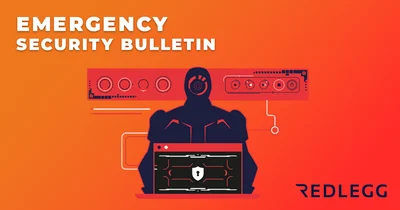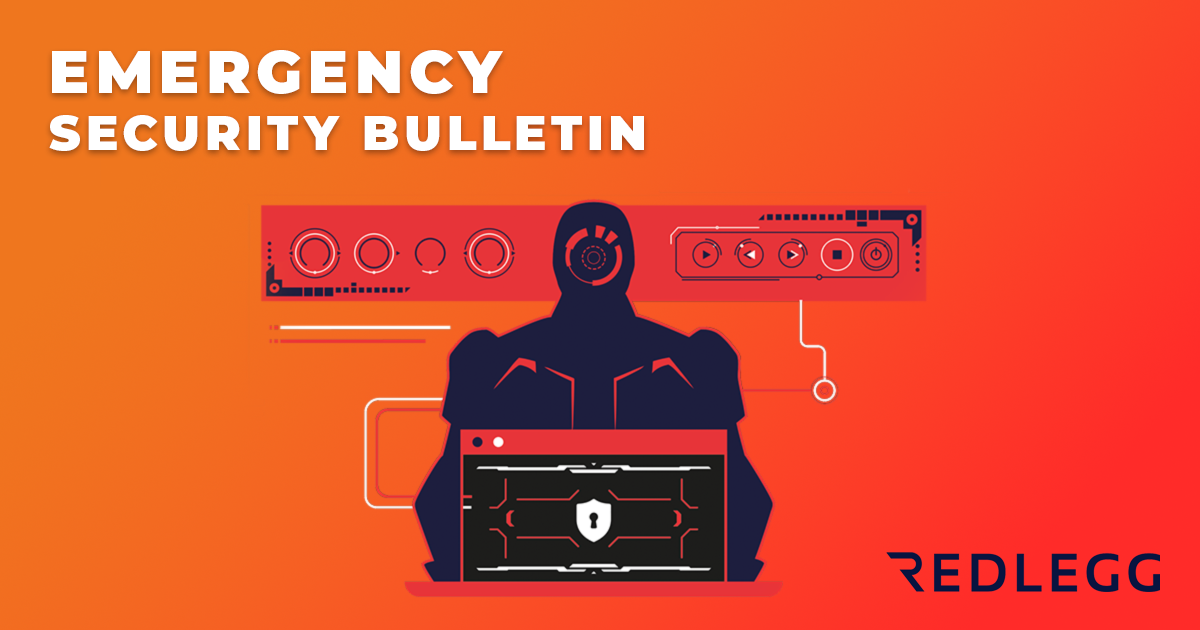4 min read
By: RedLegg's Cyber Threat Intelligence Team
About:
RedLegg will occasionally communicate vulnerabilities released outside the usual release schedule to provide additional value to our customers. These emergency bulletins describe vulnerabilities or threats we classify as the highest severity level and warrant out-of-band emergency patching or mitigation action.
VULNERABILITIES
Wing FTP Server Remote Code Execution via Null‑Byte/Lua Injection
CVSS Score: 10.0 (Critical)
Identifier: CVE‑2025‑47812
Exploit or POC: Yes – actively exploited in the wild
Update: CVE‑2025‑47812 – Wing FTP Server patched in version 7.4.4
Description: CVE‑2025‑47812 is a critical remote code execution vulnerability affecting Wing FTP Server versions prior to 7.4.4. It arises from improper handling of null byte (\0) characters in the loginok.html endpoint. A specially crafted username with a null byte can bypass authentication checks and allow Lua code injection into session files. When these session files are later executed by the server, the injected code runs with system-level privileges, root on Linux or SYSTEM on Windows.
Mitigation Recommendation:





